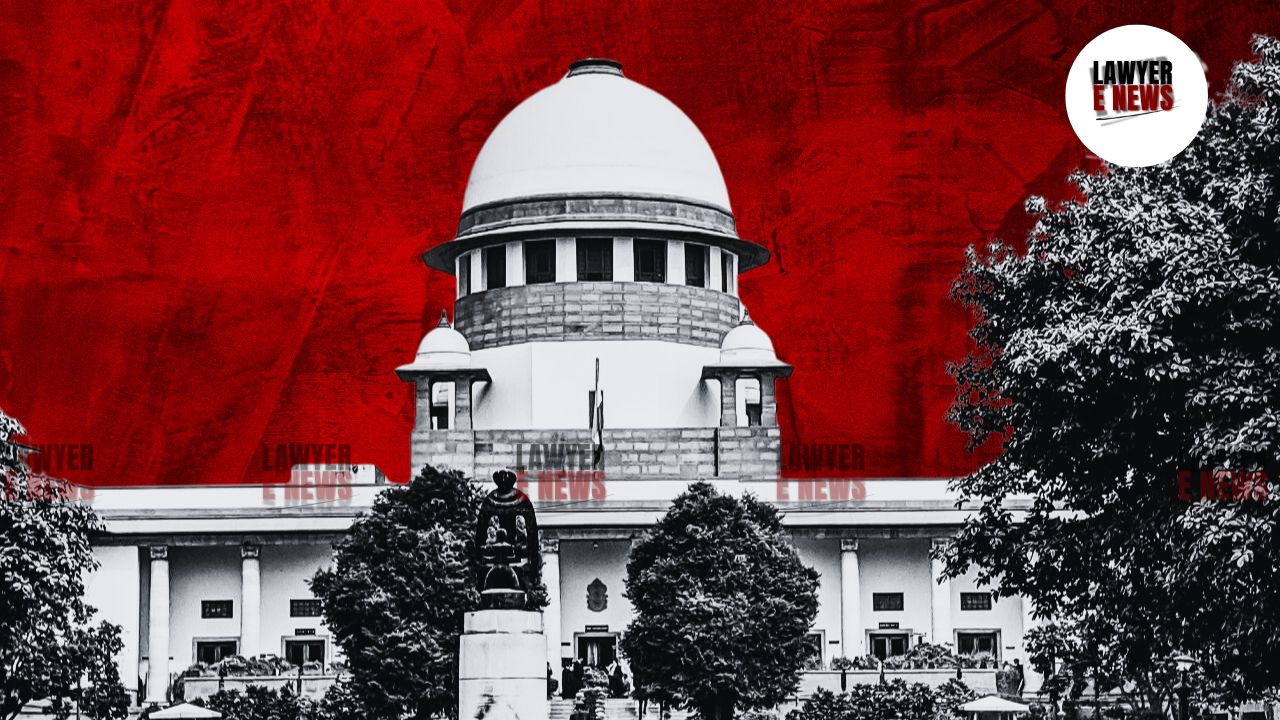-
by Admin
15 February 2026 2:36 AM



Supreme Court of India revisited the grant of interest in arbitration proceedings. While upholding the Arbitral Tribunal's finding that the insurance claim was not barred by limitation, the Court modified the interest period awarded, restricting it to begin from March 6, 2010, when the Arbitral Tribunal condoned the delay under Section 14 of the Limitation Act, 1963.
The dispute originated from an insurance claim filed by Bansal Wood Products Pvt. Ltd. after United India Insurance Co. Ltd. denied compensation under the policy. The claimant first approached the National Consumer Disputes Redressal Commission (NCDRC) in January 2003 but eventually invoked arbitration in December 2006. The arbitration proceedings concluded with an award in favor of the claimant.
The insurance company challenged the award, primarily disputing the grant of interest on the delayed payment, arguing that the claimant itself was responsible for prolonged delays. The High Court of Delhi dismissed the insurer’s appeal, prompting this Supreme Court intervention.
The insurance company argued that the claimant delayed arbitration by pursuing a remedy before the NCDRC from January 2003 to December 2006. However, the Arbitral Tribunal excluded this period under Section 14 of the Limitation Act, citing the claimant’s bona fide pursuit of legal remedies. The Supreme Court upheld this finding.
The insurer objected to the Tribunal's award of interest, arguing that delays caused by the claimant should mitigate the insurer's liability. The respondent contended that the delay resulted from the insurer's refusal to honor its contractual obligations, justifying the interest.
The Court struck a balance, recognizing the claimant’s right to interest for delayed payments while accounting for procedural delays attributable to the claimant. It modified the interest award, setting March 6, 2010—the date the Arbitral Tribunal condoned the delay under Section 14—as the starting point for calculating interest. The rate of 12% per annum, as directed by the Tribunal, remained unchanged.
“In the peculiar facts and circumstances of this case, equity demands that interest should run only from March 6, 2010, when the claim was adjudged timely under Section 14 of the Limitation Act. This ensures justice without disproportionately penalizing either party.”
The Supreme Court’s nuanced approach highlights the importance of balancing equities in awarding interest in arbitration matters. The judgment reinforces that interest awards must consider procedural delays while ensuring timely compensation for the aggrieved party.
Date of Decision: January 8, 2025
